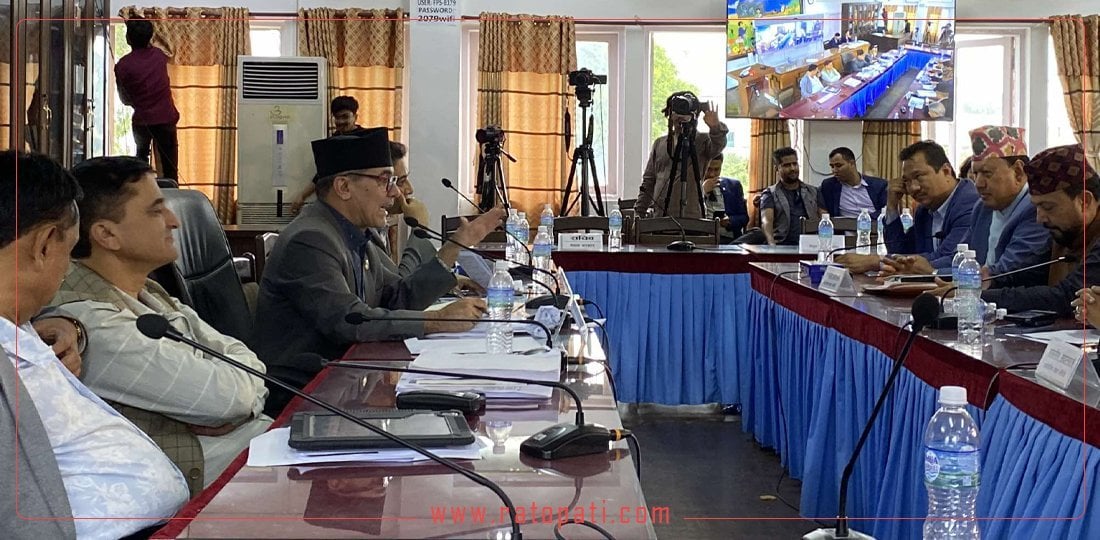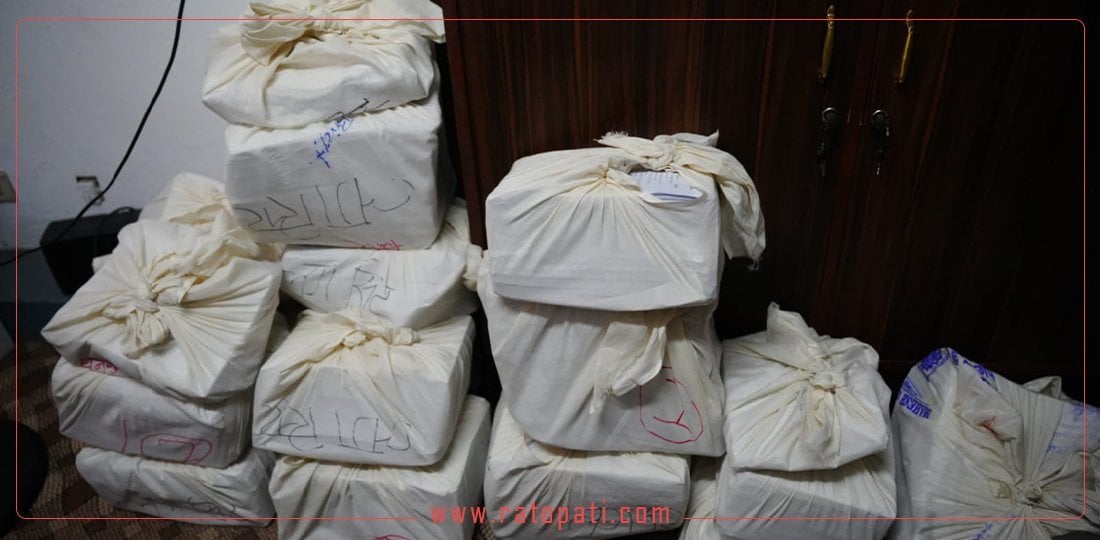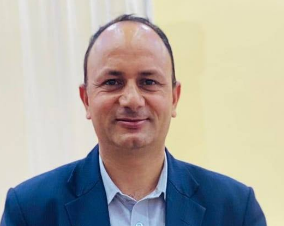Political influence and legal disputes hinder electricity duty collection

Kathmandu, August 10: After the Nepal Electricity Authority (NEA) submitted the Time of Day (TOD) meter data showing electricity consumption by industrialists through dedicated feeders and trunk lines to the Public Accounts Committee (PAC) of the House of Representatives, the committee has begun filtering the evidence.
This information has come to light during a period of controversy involving the PAC led by the CPN-UML, which has been accused of preparing a report at the behest of businessmen following a meeting with them. Allegations have been made that the committee’s chairman, Rishikesh Pokharel, met with the businessmen and that the report was prepared externally without discussion. Chairman Pokharel, however, has denied these allegations. He stated that the committee has received approximately 100,000 pages of information and that the secretariat has started reviewing the necessary evidence from today.
Following instructions from the Public Accounts Committee of the House of Representatives last week, the NEA submitted TOD meter data and other evidence to the committee on Thursday. This includes TOD meter profile data, logbooks for years, billing ledgers, details of bills provided to industrialists, and various court judgments.
Committee Secretary Ek Ram Giri mentioned that the PAC had received 32 files from the NEA and that unnecessary files would be selected and returned.
The authorities have continued to seek assistance from political parties while dismissing advice from industrialists. The dispute has been ongoing for a long time and eventually reached the court, leading to a halt in duty collection.
Previously, industrialists had refused to pay, arguing that the NEA had only sent them bills without providing details of electricity usage. They requested a breakdown of usage in minutes and hours along with the bill. However, the Authority has insisted on bill payment, asserting that the TOD meter data is not necessary to settle the outstanding amount.
About 90 related cases were registered with the High Court and the Supreme Court, with most decisions going against the industrialists. Following the peak of the dispute, the government formed a judicial commission led by former Supreme Court judge Girish Chandra Lal.
After the commission's report, the Council of Ministers decided to implement it on 9th May. The government formed an investigation committee on 7th February, but with the change in government, the controversy has resurfaced in a new form.

How will the PAC proceed?
Recently, the Public Accounts Committee discussed the matter with the Chief Executive of the Nepal Electricity Authority, Kulman Ghising. Following this discussion, the PAC requested the submission of TOD meter details and other evidence.
Chairman Pokharel indicated that the Accounts Committee will initially review the details provided by the authority. "We may not need all the details received from the authority. The committee has been tasked with selecting the necessary details and evidence. This process has already begun," Chairman Pokharel stated. "Based on this, the committee will return unnecessary documents and prepare a report based on the received evidence."
Chairman Pokharel noted that the secretariat will prepare a report, distribute the necessary details to all committee members, and allow them to review it. However, both Chairman Pokharel and Secretary Ek Ram Giri admitted uncertainty about when the committee meeting will be held.
"A meeting will be held soon. Parliament is scheduled to meet on the 13th. There is no possibility of meeting before then," said Chairman Pokharel. "Given that parliamentarians are out and time is limited, it is not possible to achieve both a quorum and schedule a meeting before then."
Of the 84 customers taking power from the trunk line, the amount billed for 51 customers according to the dedicated and trunk tariff is NPR 18,62,87,34,488, with payments totaling NPR 13,10,03,35,200 and arrears of NPR 6,72,33,45,990. The committee’s study revealed 37 such cases.
Chairman Pokharel claimed that the committee will thoroughly investigate three key matters. "We do not conduct investigations with bias. There is an open discussion in the Accounts Committee," he said, "Revenue should have been raised to the extent stated in the Auditor General's report."
He mentioned that if needed, the executive director of the authority, Ghising, and the industrialists would be invited for discussion.
Chairman Pokharel dismissed rumors, stating that the PAC is currently only collecting necessary details and has not yet made decisions. He indicated that the committee will take action based on the commission’s decision and the available facts and evidence.
How much is the arrears?
Regarding outstanding amounts, of the 240 customers using dedicated feeders, 56—including hospitals—were exempted. The authority billed NPR 9,64,02,592 towards dedicated feeders. Out of this, NPR 5,59,87,56,645 was paid, leaving NPR 3,41,74,84,080 outstanding.
For the 84 customers receiving power from trunk lines, the total billed amount for 51 customers is NPR 18,62,87,34,488. Payments amounted to NPR 13,10,03,35,200, with arrears of NPR 6,72,33,45,990. The committee’s study revealed 37 cases.
It appears that most customers under dedicated feeders are paying their tariffs, while many trunk line customers are not. The NEA’s data shows a total outstanding amount of NPR 10,14,80,30,070. According to Chairman Pokharel, the figures may change due to interest charges on this amount.









Leave Comment